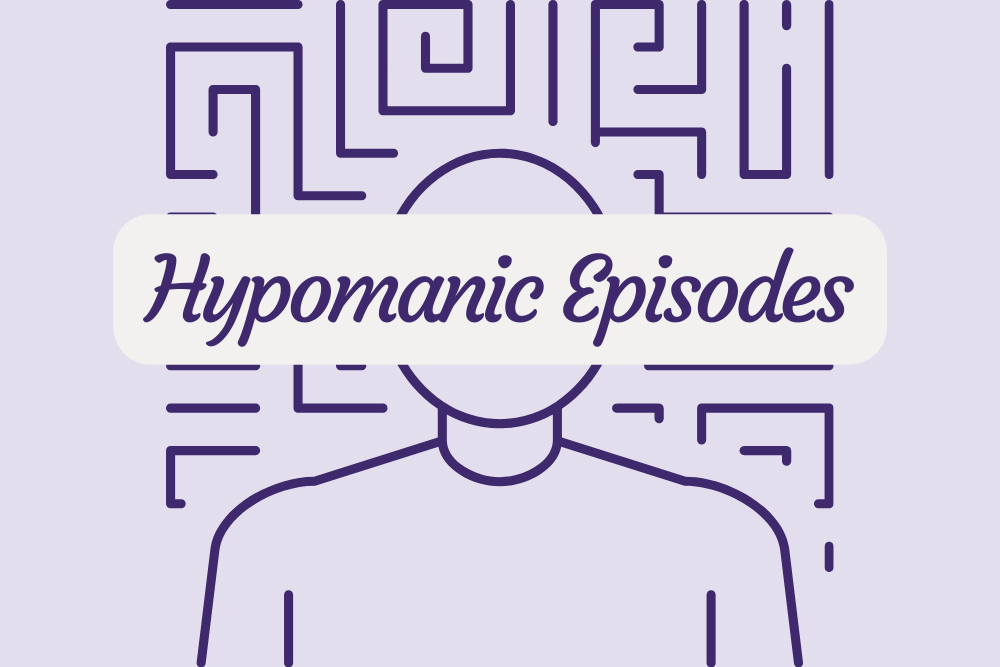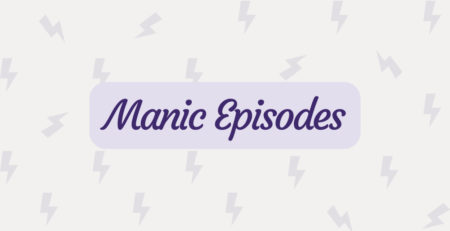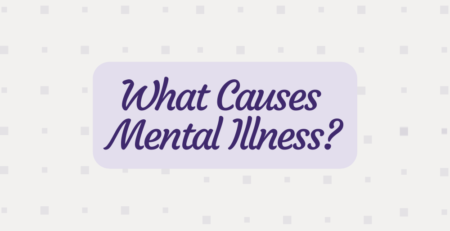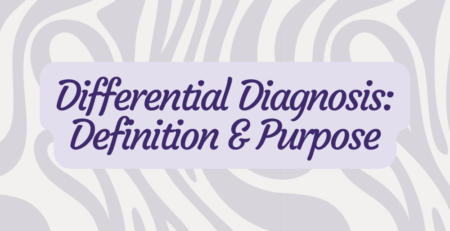What Is a Hypomanic Episode?
If you’re living with bipolar disorder or cyclothymia, you are probably familiar with the energy, enthusiasm and euphoria of mania and hypomania. It can be challenging to tell the differences between these two conditions, especially when you’re in the middle of an episode and feeling invincible.
Hypomania vs. Mania
Mania and hypomania have the same symptoms. The primary distinction between these two conditions is that manic episodes are more intense and can significantly impact your daily ability to function. Sometimes, severe mania can share features of psychosis, including paranoia, delusions and hallucinations. While hypomanic episodes can still be challenging, they are shorter and less disruptive.
If you are manic or hypomanic, your friends and family might notice these changes in your behavior, even if you’re not acutely aware of them.
- High self-esteem
- Needing less sleep than usual
- Speaking too rapidly or loudly, or feeling pressure to keep talking
- Experiencing a flight of ideas, in which you jump quickly from one thought to the next
- Getting easily distracted
- Multitasking
- Doing potentially dangerous things, including binging on drugs and alcohol, spending more than you can afford, having unprotected sex or driving recklessly
- Feeling untouchable or believing you have unique insights and abilities
Learning to Manage Mania and Hypomania
While manic and hypomanic episodes may make you feel more motivated, intelligent and productive, the fallout of your risk-taking behavior can cause guilt and anxiety. These mental states can be especially problematic if a period of depression follows soon afterward, which is typical with bipolar disorder.
Fortunately, it’s possible to manage manic and hypomanic episodes with medication, therapy and coping strategies. Pay attention to how you feel from day to day, keeping a journal of your moods. Noticing the symptoms early can help you prevent an episode from escalating. Here are some other things you can try.
- Avoid using drugs and alcohol.
- Create a healthy support network that includes family, friends and health professionals.
- Set a consistent sleep schedule and go to bed early enough to get seven to nine hours of restful sleep every night.
- Keep your stress levels low with healthy activities like meditation and yoga.
- Continue taking your prescription medications during a manic or hypomanic episode, even if you feel good. These medicines can regulate your mood and prevent severe swings.
Psychiatric Care That Meets Your Needs
Have you received a diagnosis of bipolar disorder or cyclothymia? Serene Behavioral Health is here for you. We offer validated, clinically advanced care for these mood disorders and others, including PTSD, schizophrenia and obsessive-compulsive disorder. Our experienced clinical team offers four treatment levels for adults with complex mental illnesses.
If you are living with a psychiatric issue, or know someone who would benefit from receiving licensed, accredited mental health care, contact us today. We will create a structured plan to help you manage your symptoms and lead a more fulfilling lifestyle.
















